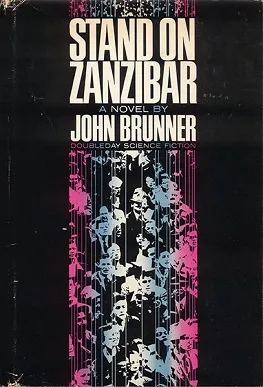This is one of the best essays I've read recently, especially in the wake of yet another mass shooting. It's based on a lightning talk from one of the Friends of O'Reilly meetings.
https://medium.com/@hondanhon/no-ones-coming-it-s-up-to-us-de8d9442d0d
For all of us: What would it look like, and how might our societies be different, if technology were better aligned to society’s interests?
At the most general level, we are all members of a society, embedded in existing governing structures. It certainly feels like in the recent past, those governing structures are coming under increasing strain, and part of the blame is being laid at the feet of technology.One of the most important things we can do collectively is to produce clarity and prioritization where we can. Only by being clearer and more intentional about the kind of society we want and accepting what that means, can our societies and their institutions provide guidance and leadership to technology.
These are questions that cannot and should not be left to technologists alone. Advances in technology mean that encryption is a societal issue. Content moderation and censorship are a societal issue. Ultimately, it should be for governments (of the people, by the people) to set expectations and standards at the societal level, not organizations accountable only to a board of directors and shareholders.
But to do this, our governing institutions will need to evolve and improve.
The aside on the Usborne Book of the Future got me to thinking about 1969's Stand on Zanzibar, in which John Brunner coined the ugly-sounding term mucker, as in "someone who is running amok." The book is prescient in many other ways, and well worth a read. It would make a fantastic TV series, if anyone (human or algorithm) at Netflix happens to be scanning this.
REFERENCES
https://en.wikipedia.org/wiki/Stand_on_Zanzibar
